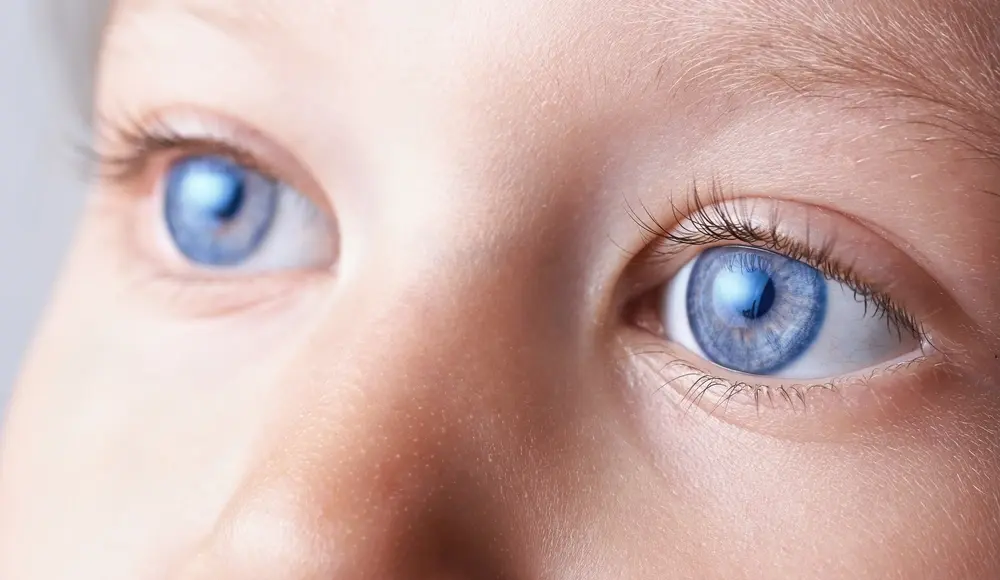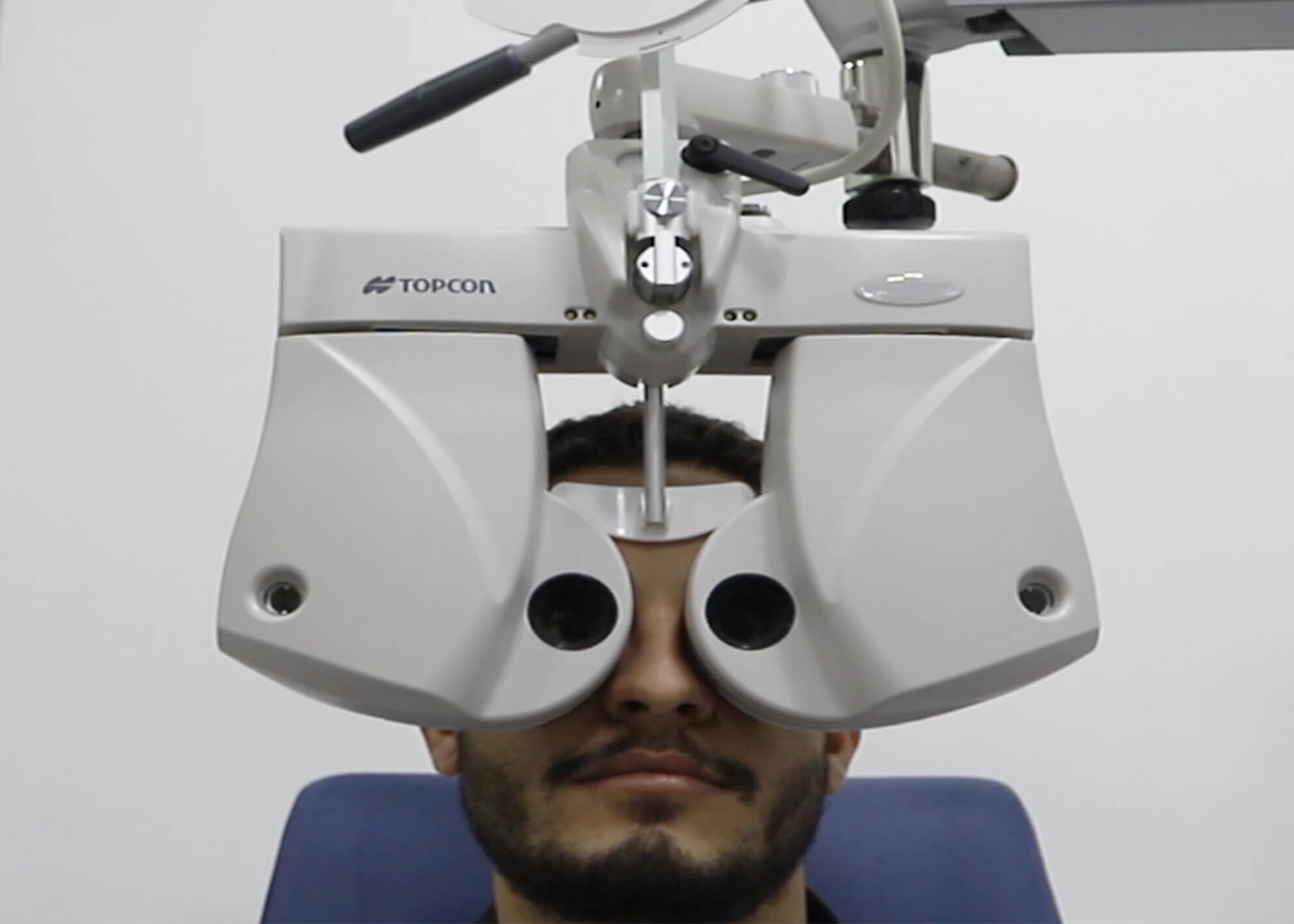Pediatric Uveitis (Childhood Uveitis) at Eye Clinic DRHC Dubai
Pediatric uveitis, also known as childhood uveitis, is an inflammatory condition affecting the uvea, the middle layer of the eye that includes the iris, ciliary body, and choroid. This inflammation can lead to serious complications if not treated promptly, potentially causing vision loss. Uveitis in children can be challenging to diagnose, as symptoms may be subtle, but early detection and treatment are critical for preventing long-term damage.
At DRHC Dubai, our specialized pediatric ophthalmologists are experts in diagnosing and managing uveitis in children, using advanced techniques and treatments to protect vision and eye health.
What Causes Pediatric Uveitis?
The exact cause of uveitis in children is often unknown, but it can be associated with several factors, including:
- Autoimmune Disorder: Uveitis is commonly linked to autoimmune diseases, where the immune system mistakenly attacks the body’s own tissues.
- Arthritis: Juvenile Idiopathic Arthritis (JIA) is a common cause of Pediatric Uveitis, where the immune system attacks the joints and also inflames the eye's uveal tissue. Children with JIA are at higher risk for uveitis, which often develops silently but can lead to serious eye complications if untreated.
- Infections: Bacterial, viral, fungal, or parasitic infections can trigger uveitis.
- Trauma: Injury to the eye can result in inflammation and uveitis.
- Genetic Factors: Some children may have a genetic predisposition to developing uveitis.
Symptoms of Pediatric Uveitis
The symptoms of pediatric uveitis may vary based on the location and severity of the inflammation. Children may not always report discomfort, so regular eye check-ups are crucial. Common symptoms include:
- Eye Redness: Persistent redness in one or both eyes.
- Eye Pain: Discomfort or pain, which may increase with eye movement.
- Light Sensitivity (Photophobia): Sensitivity to bright lights or sunlight.
- Blurred Vision: Difficulty focusing or seeing clearly.
- Floaters: Small spots or shapes floating in the field of vision.
- Tearing or Discharge: Excessive tearing or eye discharge.
Since some children may not experience pain or noticeable symptoms, pediatric uveitis can sometimes go undetected until vision is affected. This highlights the importance of early eye screenings, especially for children with known risk factors such as autoimmune diseases.
Types of Pediatric Uveitis
Pediatric uveitis can affect different parts of the eye, and it is classified into several types based on the location of the inflammation:
- Anterior Uveitis: Inflammation of the front part of the eye, involving the iris and ciliary body. This is the most common form in children.
- Intermediate Uveitis: Affects the vitreous, the gel-like substance in the middle of the eye.
- Posterior Uveitis: Inflammation of the back part of the eye, including the retina and choroid.
- Panuveitis: Involves inflammation in all parts of the uvea, affecting the entire eye.
Diagnosis Pediatric Uveitis
Diagnosing uveitis in children requires a thorough eye examination, and at DRHC Dubai, we use state-of-the-art diagnostic tools to ensure accurate detection. Our diagnostic process includes:
- Comprehensive Eye Exam: To evaluate the overall health of the eye and check for inflammation or structural abnormalities.
- Slit-Lamp Examination: A detailed inspection of the anterior structures of the eye to detect signs of uveitis.
- Dilated Eye Exam: To examine the back of the eye, including the retina and optic nerve, for signs of inflammation or damage.
- Blood Tests and Imaging: In some cases, additional testing such as blood work or imaging (ultrasound, OCT) may be required to identify the underlying cause or assess the extent of the condition.
Treatment Options for Pediatric Uveitis at DRHC Dubai
Early and effective treatment is crucial to managing pediatric uveitis and preventing complications such as glaucoma, cataracts, or vision loss. At DRHC Dubai, we provide comprehensive care and individualized treatment plans, which may include:
- Corticosteroids: Anti-inflammatory medications, often in the form of eye drops, oral tablets, or injections, to reduce inflammation.
- Immunosuppressive Medications: For children with autoimmune-related uveitis, immunosuppressive drugs may be prescribed to control the immune system’s abnormal response.
- Antibiotic or Antivirals: If the uveitis is caused by an infection, antibiotics or antiviral medications may be needed to treat the underlying infection.
- Biological Therapies: Targeted therapies that can help manage inflammation in severe or chronic cases of uveitis associated with autoimmune diseases.
- Surgery: In cases where complications such as cataracts, glaucoma, or retinal damage occur, surgical intervention may be necessary to preserve vision.
Long-Term Management and Follow-Up Care
Children with uveitis require ongoing monitoring, even after the inflammation has subsided, as the condition can flare up or lead to complications. At DRHC Dubai, we emphasize regular follow-up visits to track the progress of treatment and ensure the long-term health of your child’s eyes.
Why Choose DRHC Dubai for Pediatric Uveitis Treatment?
- Pediatric Eye Care Specialists: Our team is experienced in treating complex eye conditions in children, providing gentle, compassionate care for young patients.
- Comprehensive Diagnostic Tools: We use advanced technology to ensure accurate diagnosis and effective treatment.
- Collaborative Care: We work closely with pediatricians, rheumatologists, and other specialists to address underlying systemic conditions that may contribute to uveitis.
- Customized Treatment Plans: Every child is unique, and we tailor our treatment approaches to meet the specific needs of each patient.
.png?width=281&height=59&name=bookanappointment%20(1).png)
At Dr. Rami Hamed Center, our Ophthalmology department is dedicated to safeguarding your vision health through expert eye care Professionals, Renowned as one of the best eye care clinics in Dubai our Ophthalmology Specialists provide services for Cataract and Retina treatment with Laser and Refractive surgeries.




.png?width=281&height=59&name=bookanappointment%20(1).png)






